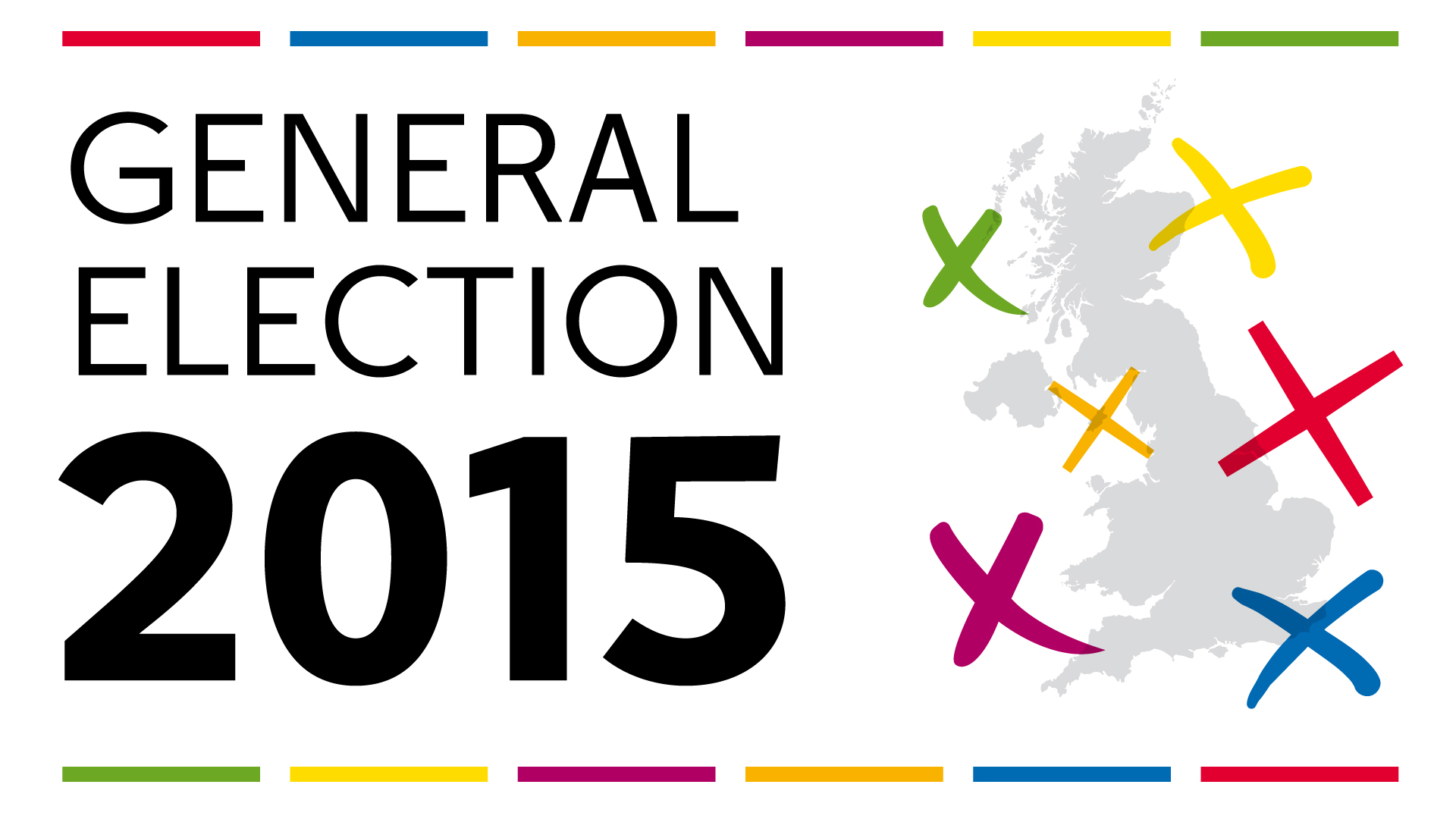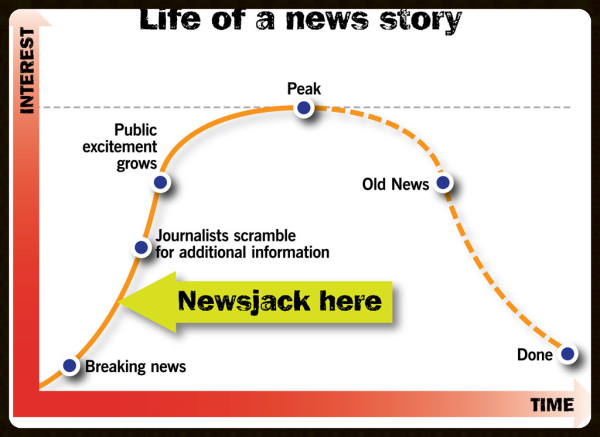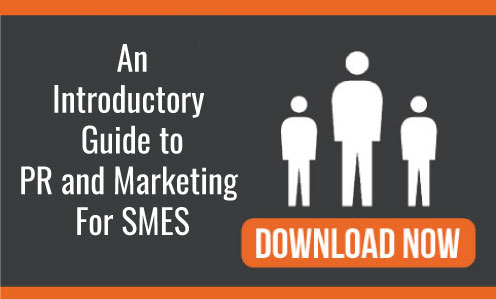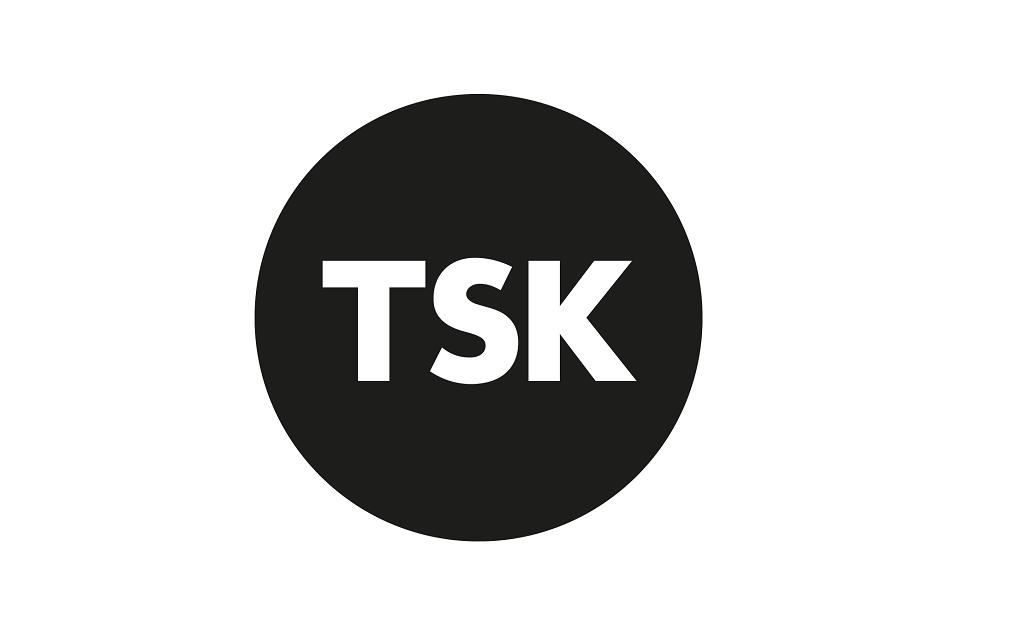Newsjacking the General Election
The Budget has been and gone, but opportunities still abound for savvy companies looking to capitalise on PR in the run-up to the General Election.
If you feel a pang of envy when seeing another business’ name in the papers, then this is the guide for you. So without further ado, we’ll use the example of the Budget to illustrate how you can approach the lead-up to the General Election with a view to boosting your PR, marketing and online presence.
Philosophy
The organisations that make the most of events like the General Election are those with a clear grasp of the potential return on investments.
Marketing and PR success is built upon the quality of contributions from non-marketers and they’re not something you can leave entirely in the hands of an in-house or agency team and just hope for the best.
All too often, however, there’s a disconnect between marketing and the other aspects of the business and it’s entirely understandable. After all, you wouldn’t expect someone from the HR department to start doing odd jobs for IT – would you?
While successes are possible in isolation – if we think of your marketing and PR teams as the fire – quality contributions from individuals within a business that have genuine insight into the topics at hand are the petrol that can help this spread wildly.
As such, it’s necessary to set out expectations and likely benefits well in advance of political events you’re looking to capitalise on and make everyone’s duties crystal clear to them.
Planning
When it comes to big pre-election events like the Budget and manifesto launches, experienced commentators will have a fair idea of the main topics well in advance. As such, it’s vital to plan ahead and factor in how different contingencies will affect what you want to say about an issue.
Although a surprise announcement or twist could throw a spanner in a works, by planning ahead and having a broad outline of what you want to say at hand – you’ll be able to quickly tailor or amend this in reaction.
Similarly, it’s vital that you’re able to pin down your key contacts on the day of the event itself if needs be, so set out a plan of action and make sure everyone knows the role they have to play.
It’s a good idea to get in touch with your key publications beforehand to sound out their plans for coverage on the day and glean information like:
- Are they accepting reaction comment or will they be covering the main points on the day then following up with a larger article later?
- Do they have any sponsors that could impact what (and even if) you’re able to contribute?
- What timeframe do they need responses by?
- What interest and value can you add to the discussion?
Beforehand
In many cases, it’s not even necessary to wait until after events like the Budget. In an effort to capitalise on the hype prior to big political affairs, many publications will run prediction or commentary pieces in advance.
When approaching the press, be sure to find out if they’ll be doing anything ahead of the event and if there’s any opportunity for you to talk about what you think will happen and what effect – if any – likely announcements and measures might have.
Timing
As with comedy, when it comes to capitalising on political events – timing is everything. Papers and online publications operate on a first-come, first-served basis when garnering reaction comment and there’s no prizes for runners-up.
There’s simply no overstating just how vital it is to get your comment in the hands of journalists quickly in the wake of political milestones like the Budget and as a rule of thumb – you should be operating to a timeframe of responding within a couple of hours at the most.
While the logistics of getting this organised are no easy feat – this is simply the speed at which the press operates, so either step up early or resign yourself to defeat.
The same restrictions apply even more stringently to online content, with the father of the concept of ‘newsjacking’ – David Meerman Scott – suggesting that companies should look to publish in the small window between when news breaks and journalists scramble for additional information.
If you manage to work within this tight timeframe, you can expect to see a boost in the amount of organic search traffic (and interested potential customers) you attract as people take to the likes of Google for further information.
However, if you leave it too late – you’re unlikely to see much benefit from increased interest in a topic via search.
Say Something
It’s no use just welcoming or decrying a statement or policy plan issued in run-up to the General Election. Whether it’s going on your company blog or you’re aiming for the papers – it’s crucial to add something to the discussion.
While there’s no one-size-fits all advice to suit every business, some key things to bear in mind when responding to new legislation proposals or announcements include:
- Context and background
- Whether it agrees with or goes against industry opinion on the matter
- Likely outcomes and repercussions for your industry and beyond
- What groups/factions politicians could be trying to court
- Comparisons to previous issues in this area and how these have played out.
Don’t blow your own trumpet
PR and online content aren’t like traditional marketing avenues – so don’t treat them as such. Avoid the temptation to slip in a bit of self-promotion and simply being as interesting and informative as you possibly can be.
Attempts to shoehorn key marketing messages in to editorial contributions will be ruthlessly cut at best and could jeopardise your chances at coverage in the most extreme cases.
Similarly, corrupting your online content by trying to make it overtly ‘salesy’ is only likely to turn off your readers – so stick to showing off your expertise and don’t fall prey to the temptation to blow your own trumpet.
Beyond words on a page
While we’d never knock the value of getting space in publications, there’s more diverse opportunities for companies to capitalise on big political events than ever before.
If you’re unable to meet the demanding turnaround for press contributions or online reaction content – think outside the box.
When a big event, like the Budget, is on the horizon – think beyond words on a page and consider summing up key facts or data on the issue with visuals.
Infographics
Infographics can be a relatively cost-effective way of summarising interesting aspects of an issue and are inherently shareable (particularly if you include an embed code). To give yours extra oomph – it’s well worth scoping out online publications that might run it in advance and whether there’s any accompanying opportunities to provide editorial comment.
Remember – if you don’t ask – you don’t get.
Video
Video content, even if it’s a fairly basic animation-led piece, can be wildly successful in garnering interest – even if you’re merely explaining the issue at hand or exploring the background in depth.
Again, if you utilise any of the major video sharing platforms out there – this can be social media gold, allowing interested parties to easily embed it on their site and/or link to your piece.
Research
There’s no better time to release related research than in the wake of a big event like the Budget or a manifesto launch. This is especially true if it confirms, contradicts, questions or simply explores any of the assertions made during the event.
This can tick both the online content and press-focused boxes – provided you scope out the interest of press contacts beforehand.
Live-tweeting
While you may fear getting lost in the vast ocean of social media chatter, contributing your two cents to the discussion can be a great way to promote your expertise.
If you’ve got an expert on-hand or have contributions lined up, don’t be afraid to paraphrase these or put them across via social channels. After all, you’re unlikely to earn much in the way of interest for simply reporting the facts.
And You?
Do you have any tips on newsjacking or questions about any of the issues we’ve raised above? If so, leave us a comment below or give us a shout via Twitter – we always love to hear from you.
And if you’re looking on advice on how to get started with PR, marketing or digital – we’ve gone ahead and compared the pros, cons and costs of popular avenues in our free downloadable guide:
Selected industry experts bring you insight and expert advice, across a range of sectors.
Subscribe for free to receive our fortnightly round-up of property tips and expertise
Selected industry experts bring you insight and expert advice, across a range of sectors.
Subscribe for free to receive our fortnightly round-up of property tips and expertise






